International Conference on Research Creativity : Praxis
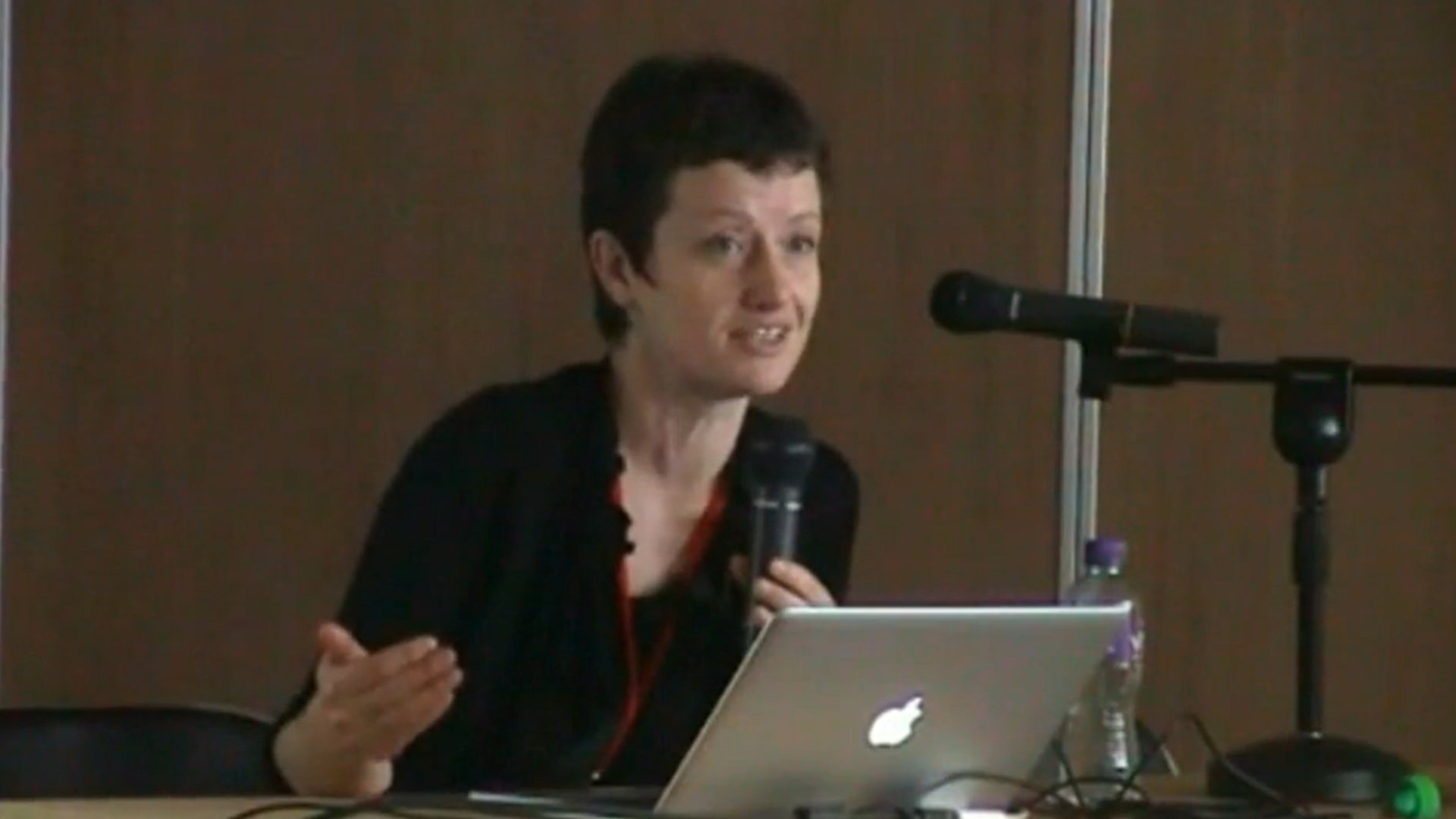
Making magic machines or practicing at the unknown
2012 | 85 mins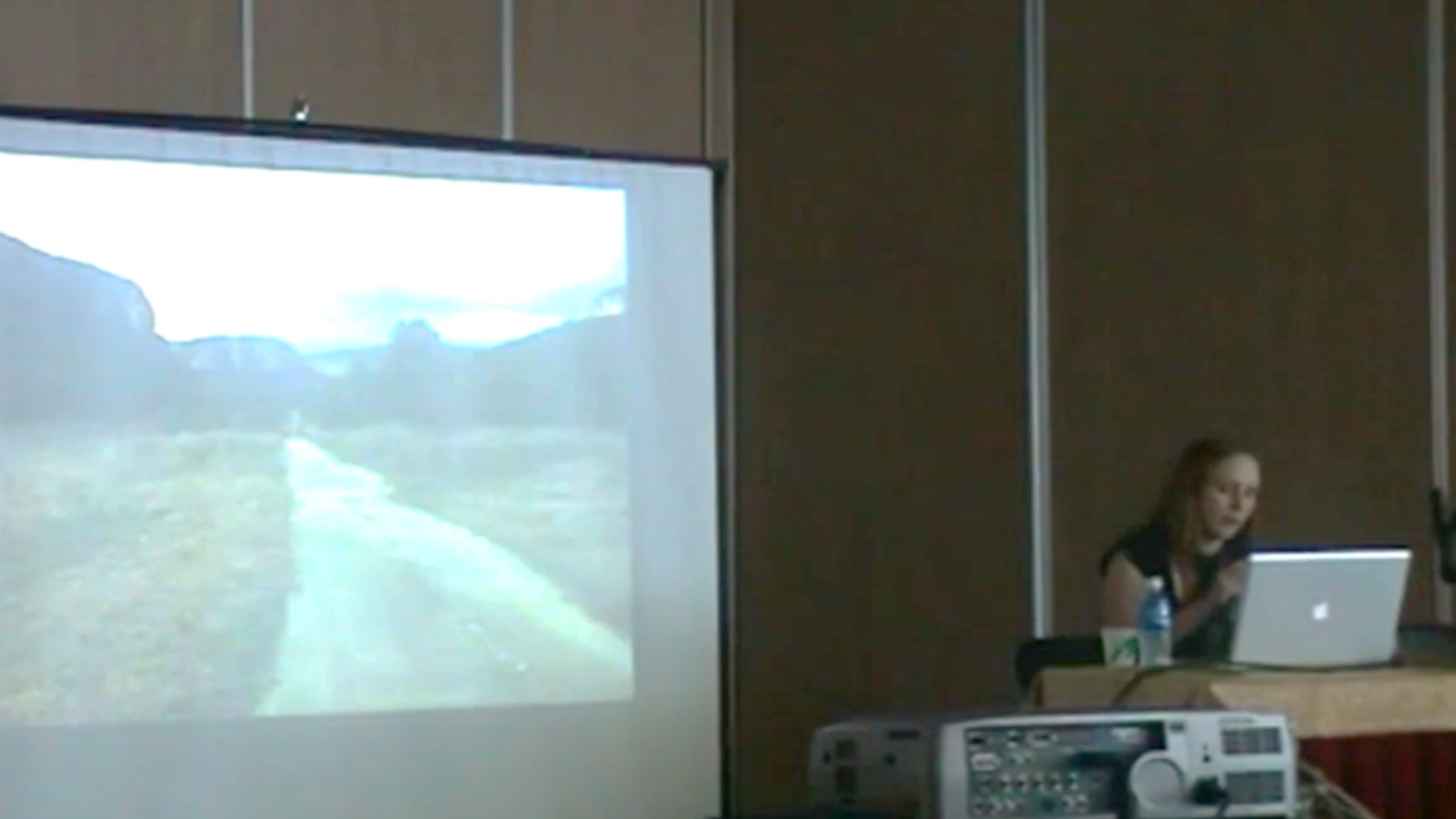
Articulating networks : Collaboration in the project Nocturne
2012 | 23 mins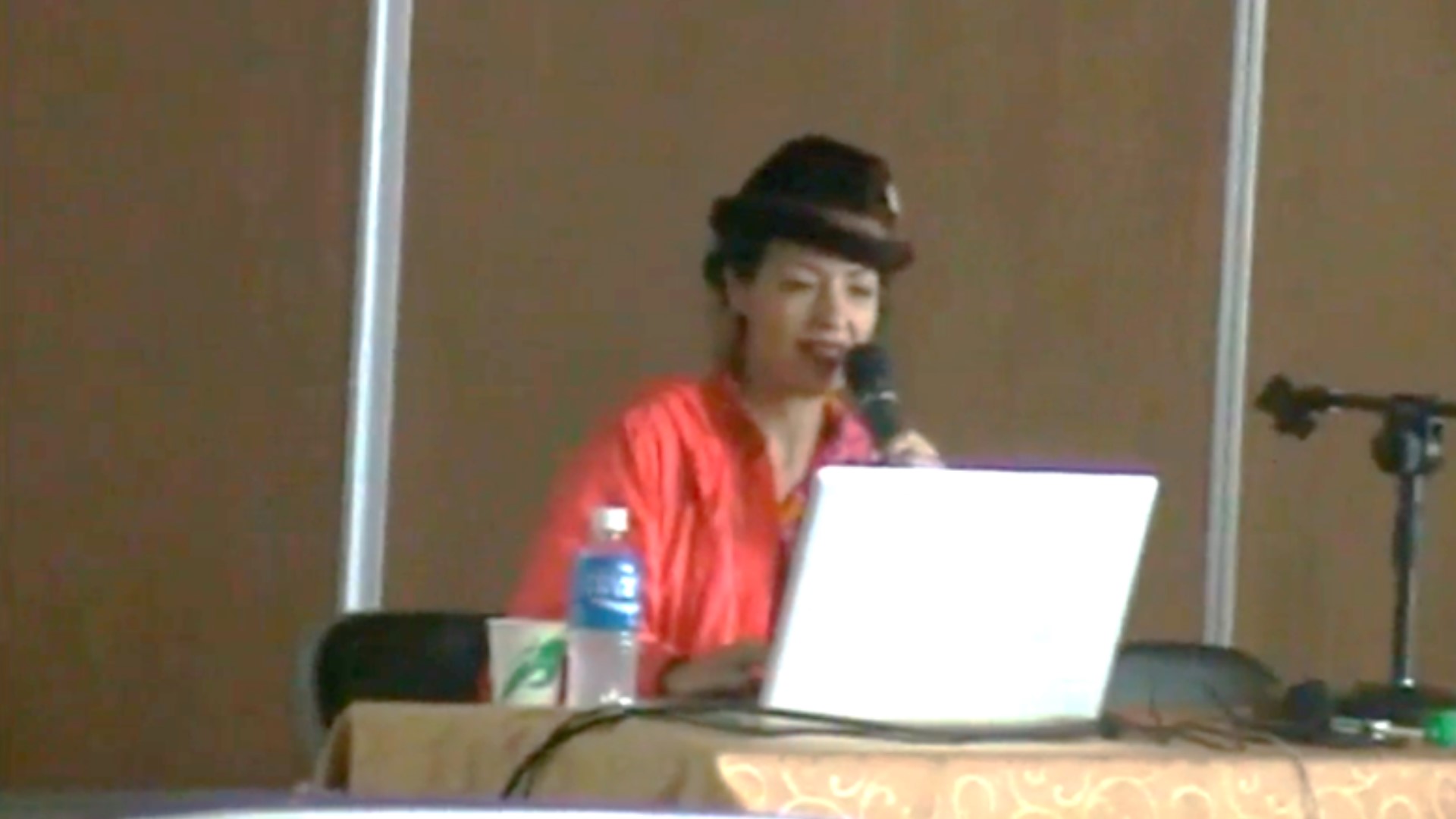
Caught my wink
2012 | 23 mins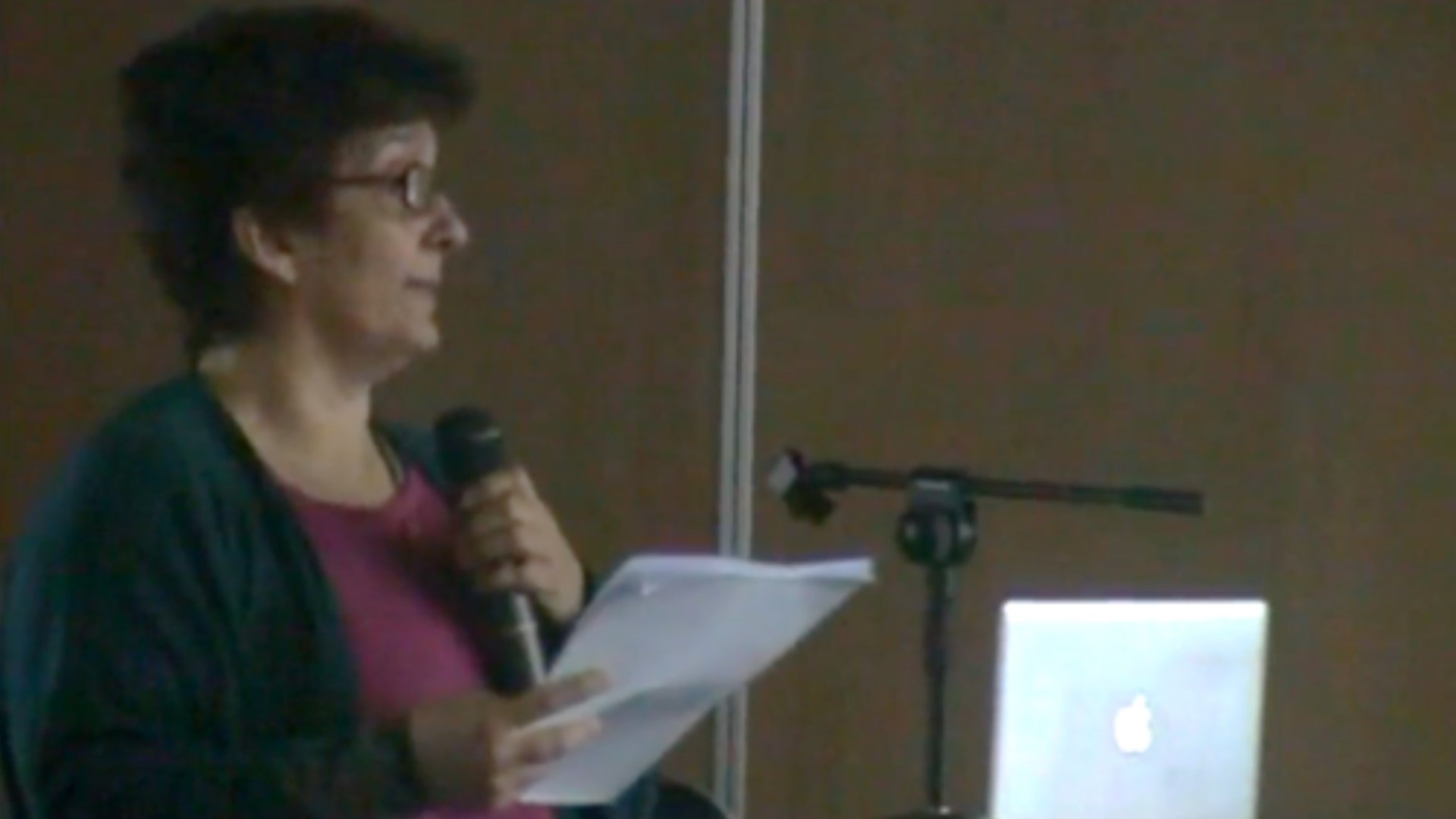
Haptic play : Materials, bodies, and architectures in dance and design
2012 | 28 mins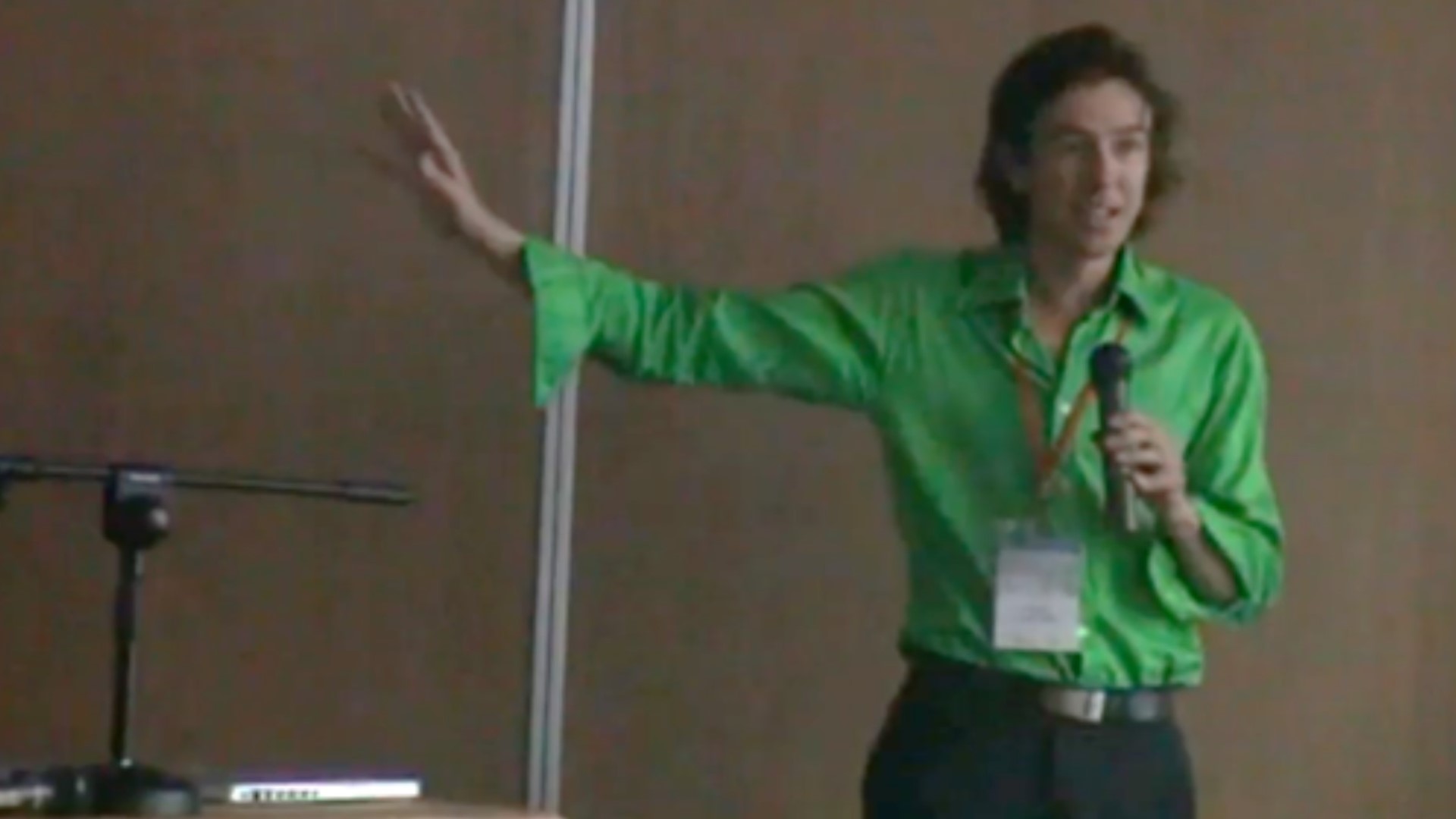
Intractable differences : Artistic research and the problem of practice
2012 | 35 mins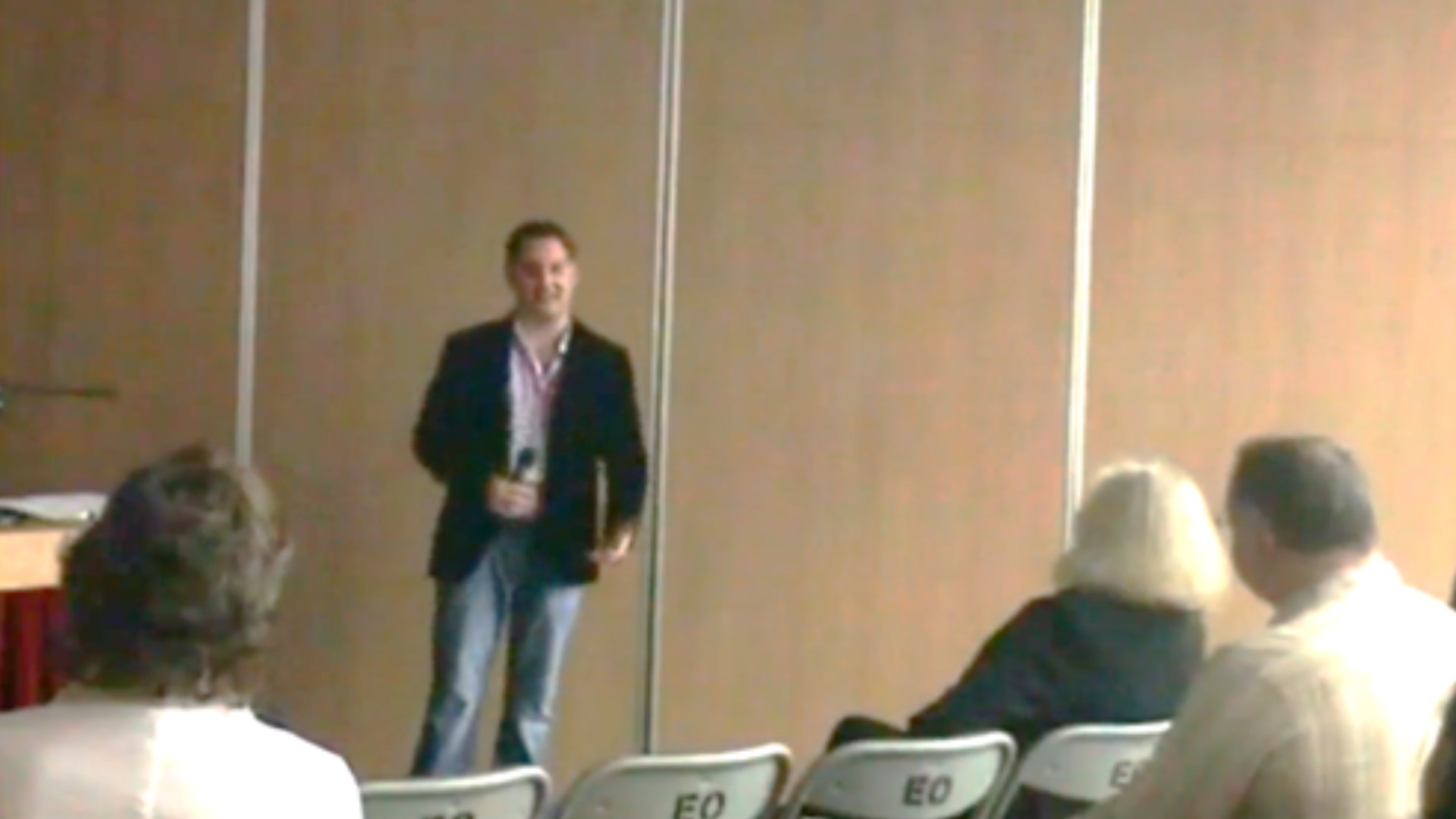
The mind-body interface : Hypnosis and direct experience
2012 | 35 mins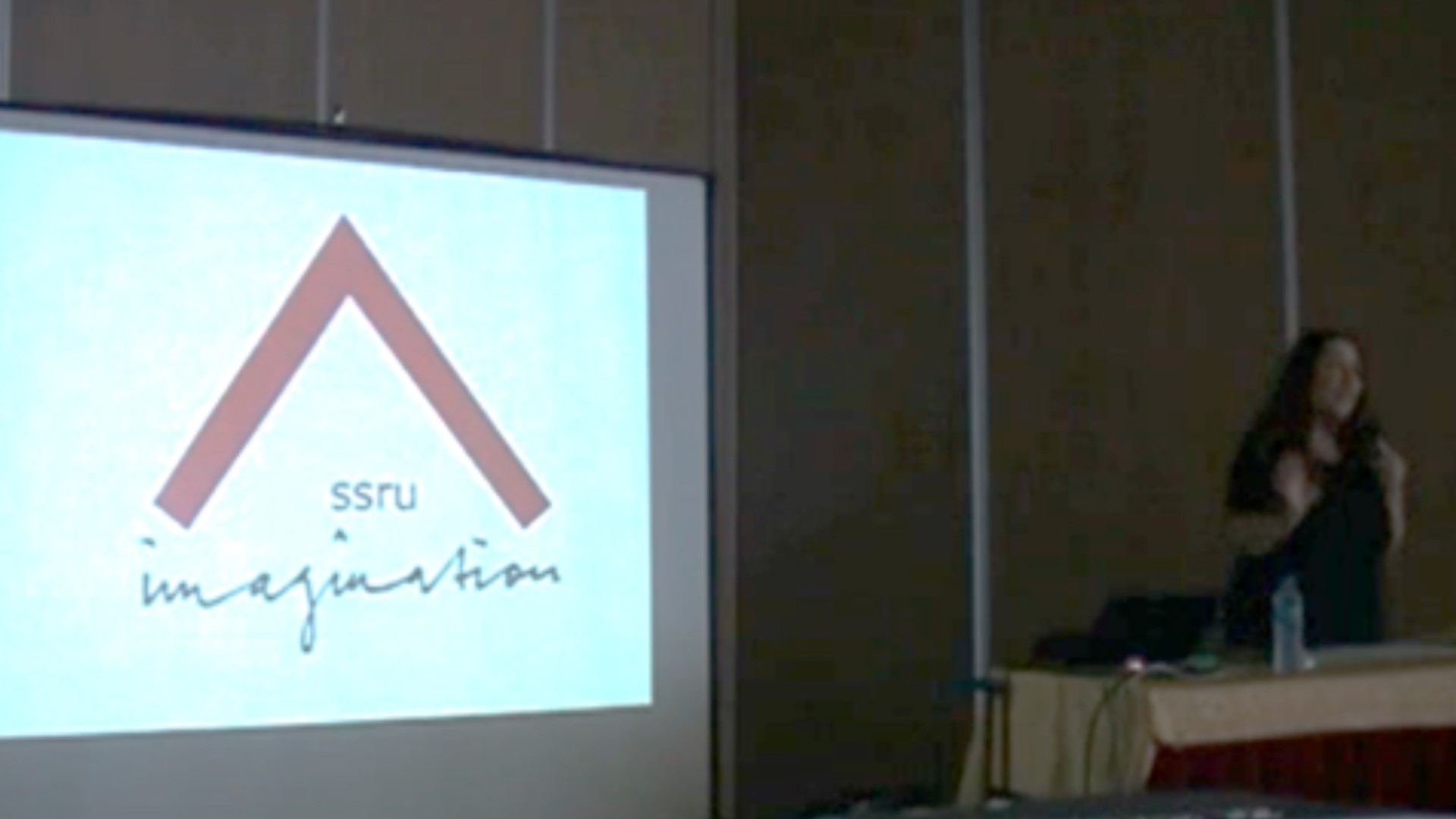
Inner technologies and the field of freedom
2012 | 73 mins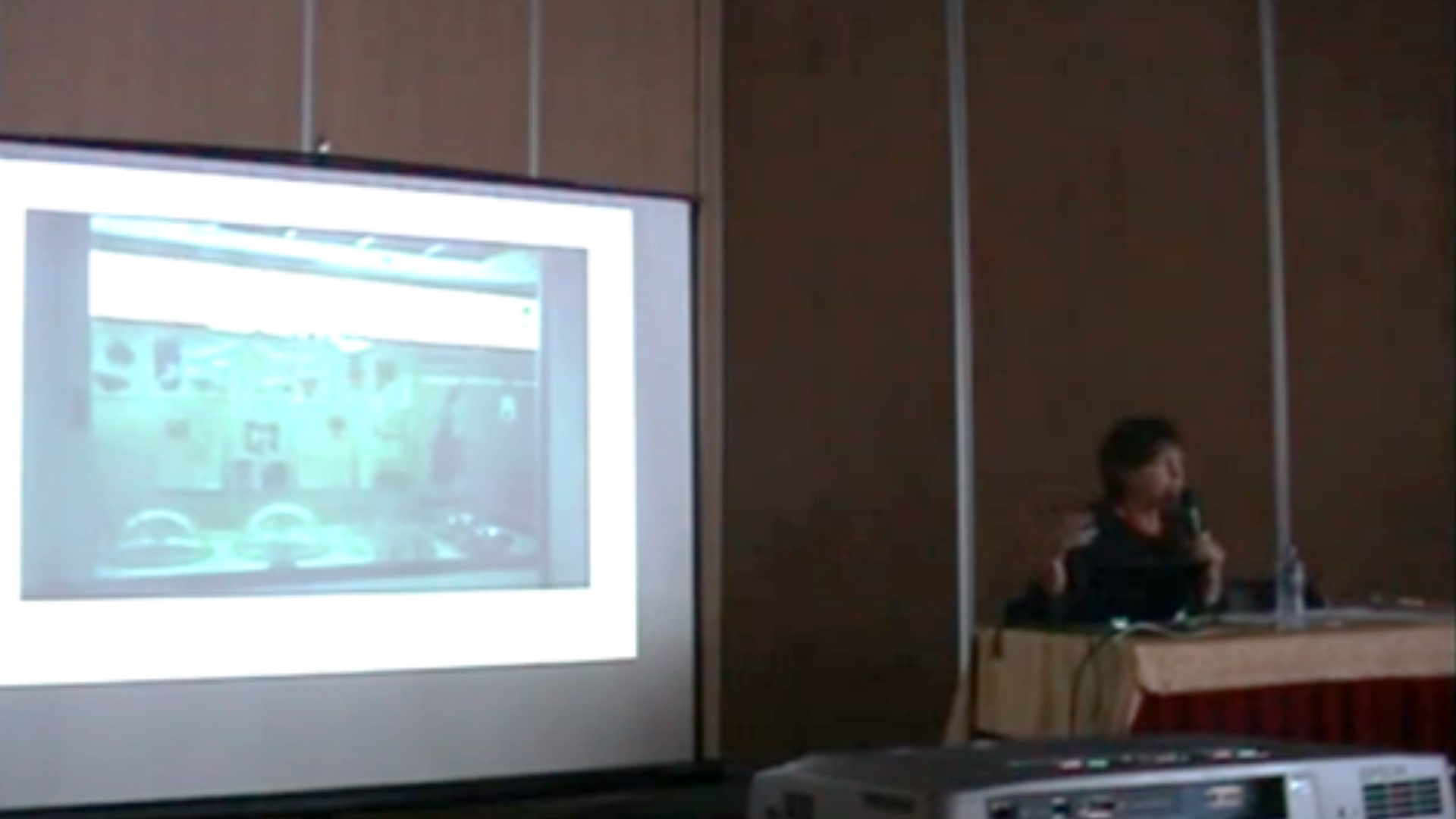
The illusory vitality of objects
2012 | 34 mins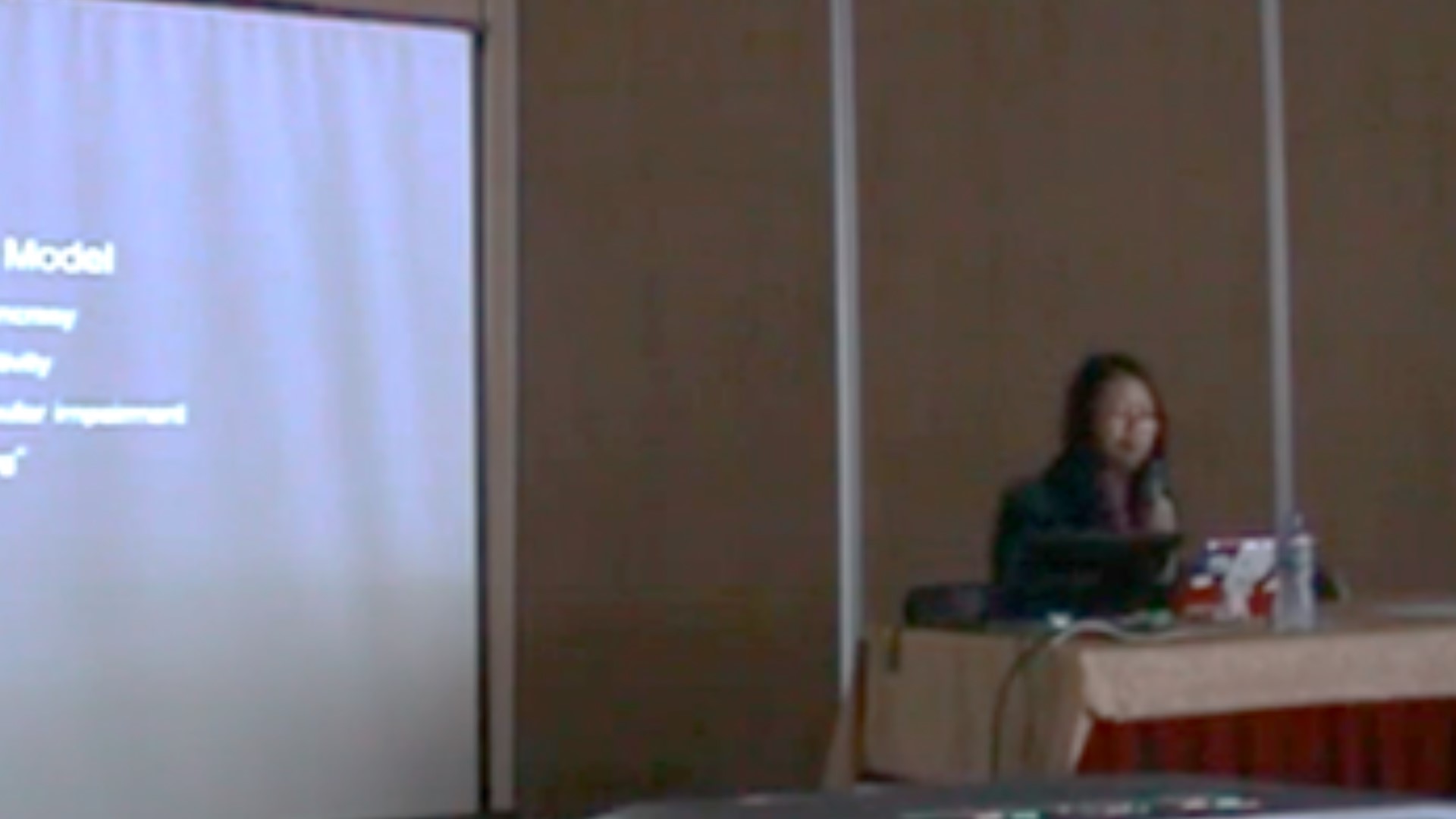
Thinking through the body : A multimodal perspective from Autism
2012 | 23 mins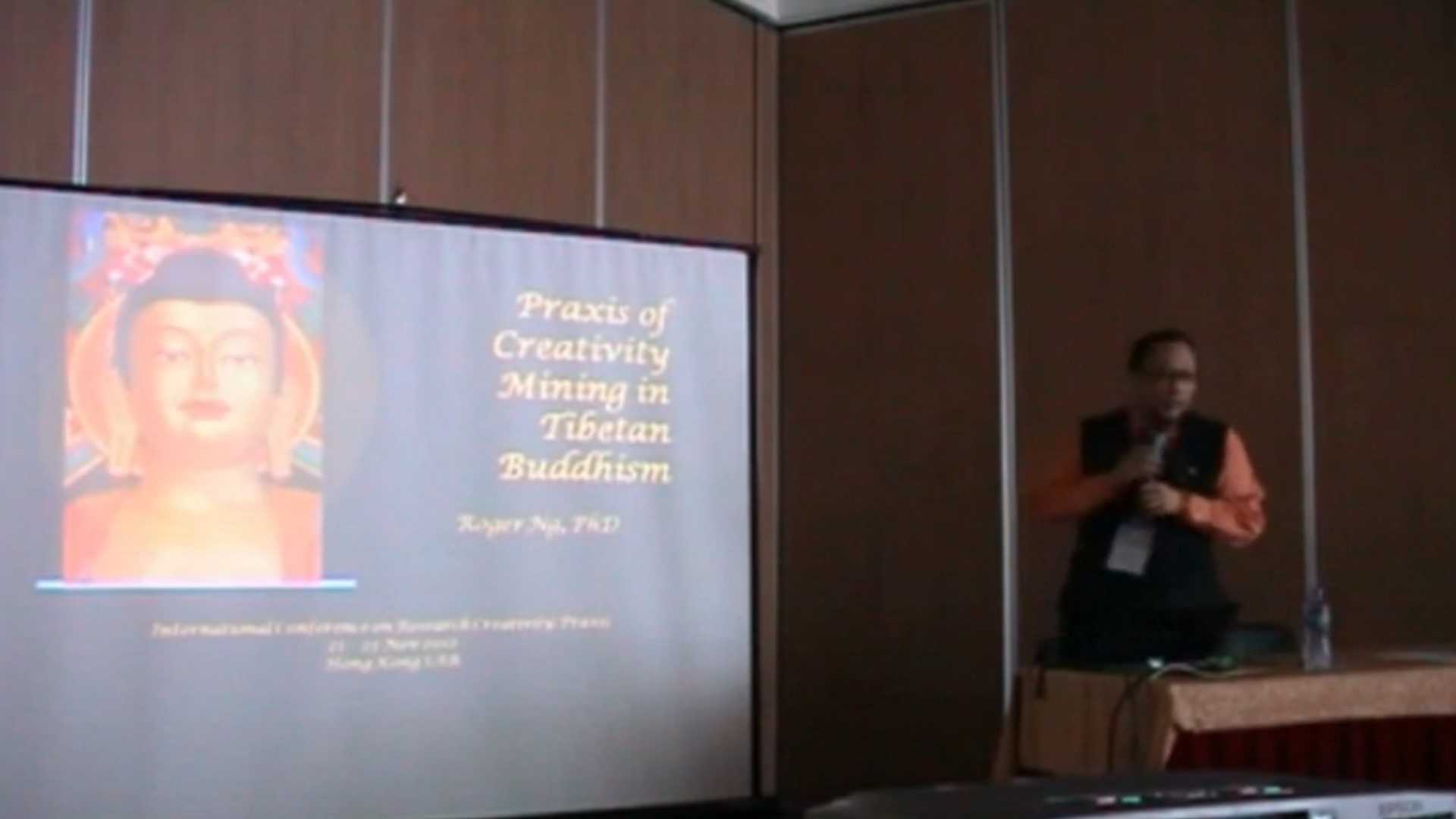
Praxis of creativity mining in Tibetan buddhism
2012 | 45 mins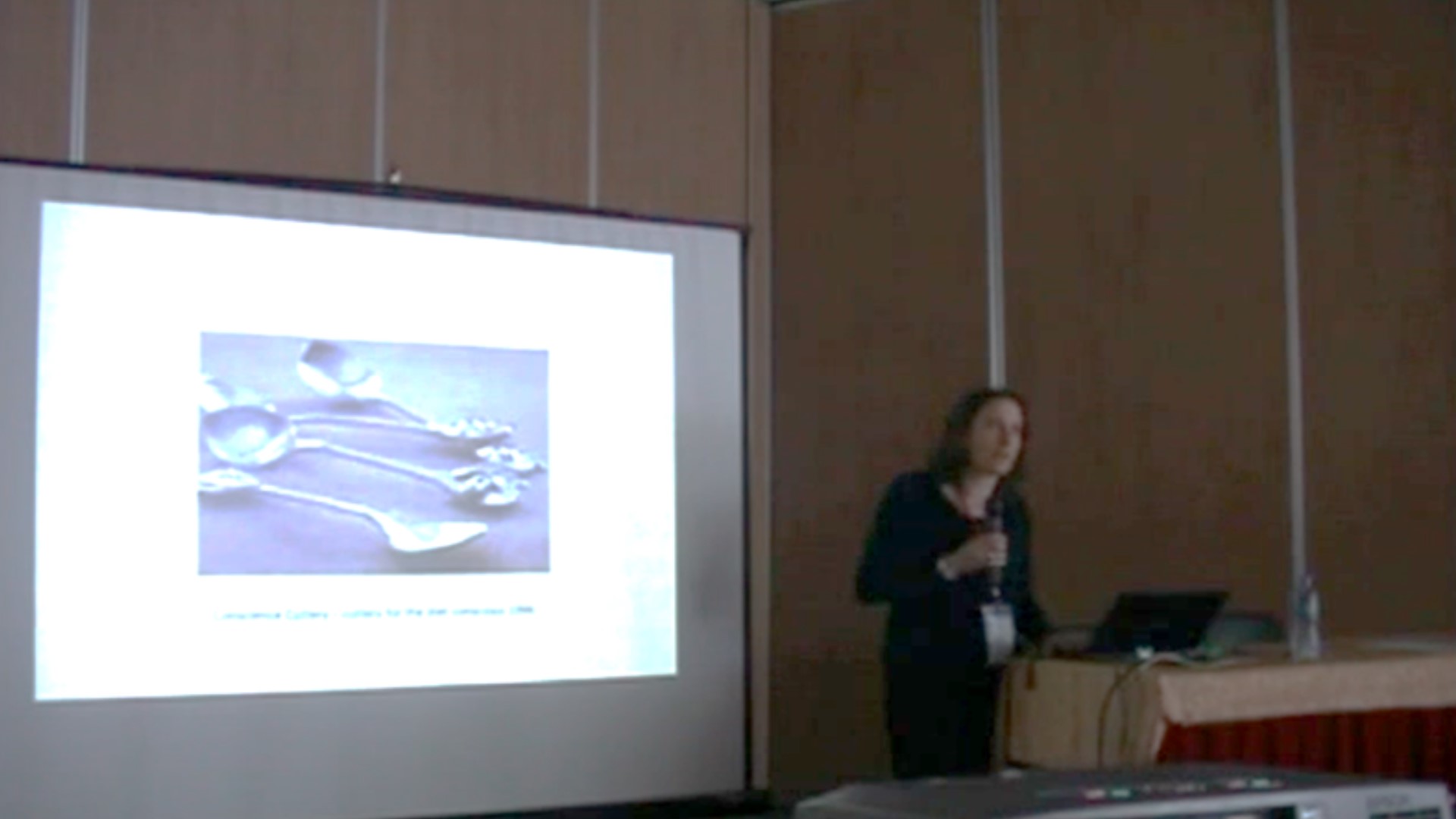
Hand making community
2012 | 36 mins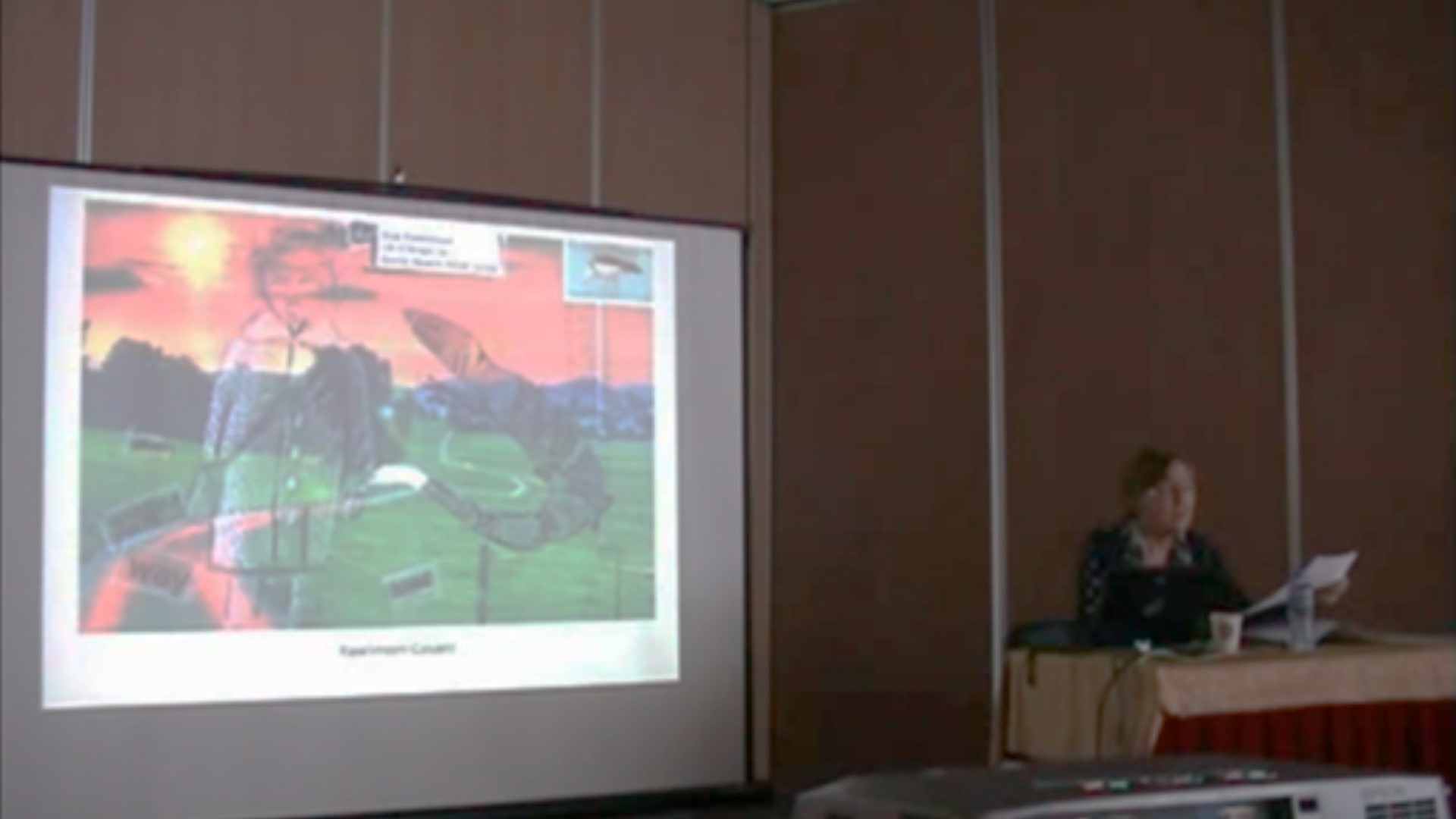
Fair play : Contemporary collaborative painting
2012 | 31 mins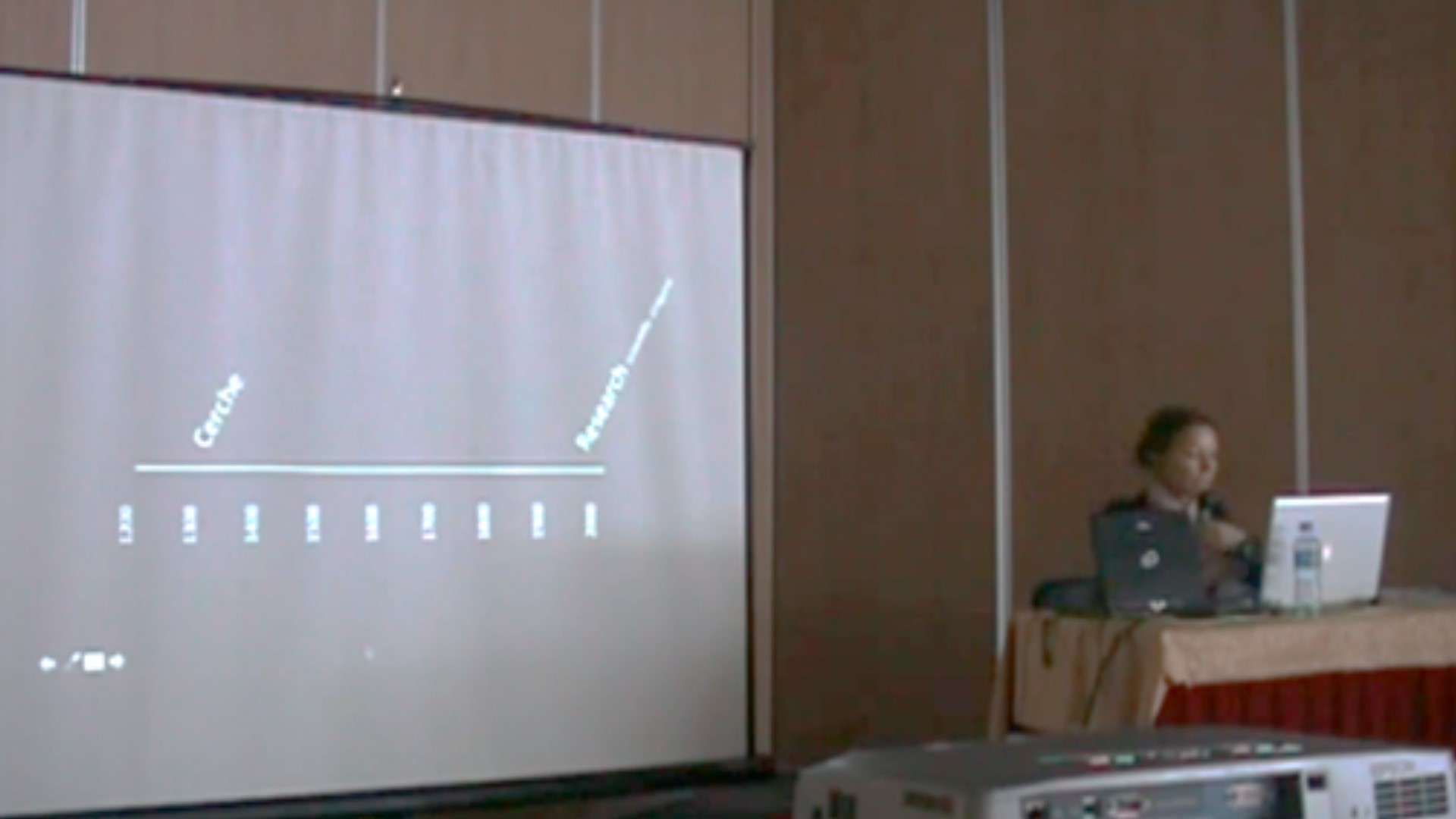
Culture, art and transformation
2012 | 38 mins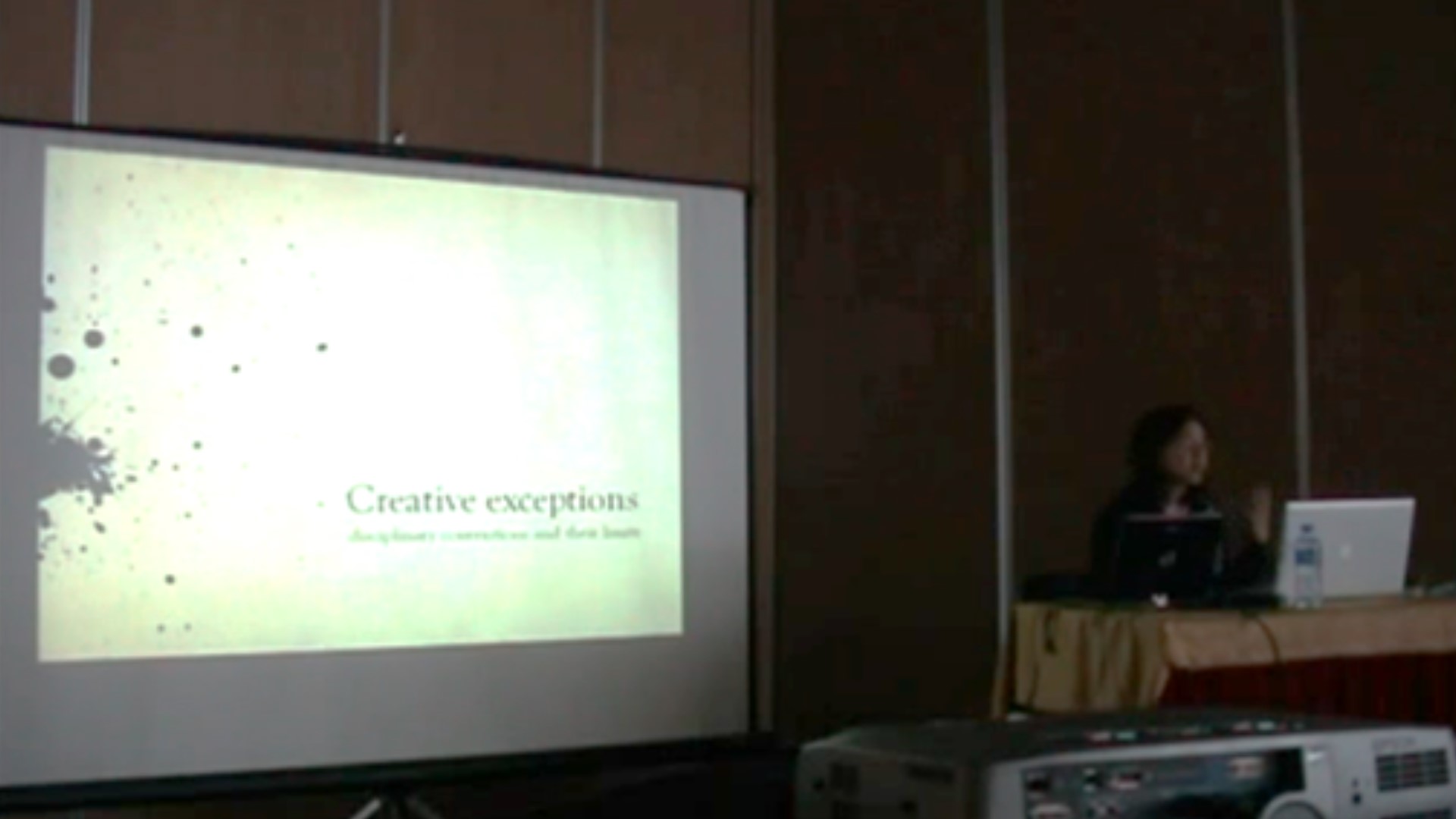
Art machines, cultural probes and academic practices
2012 | 25 mins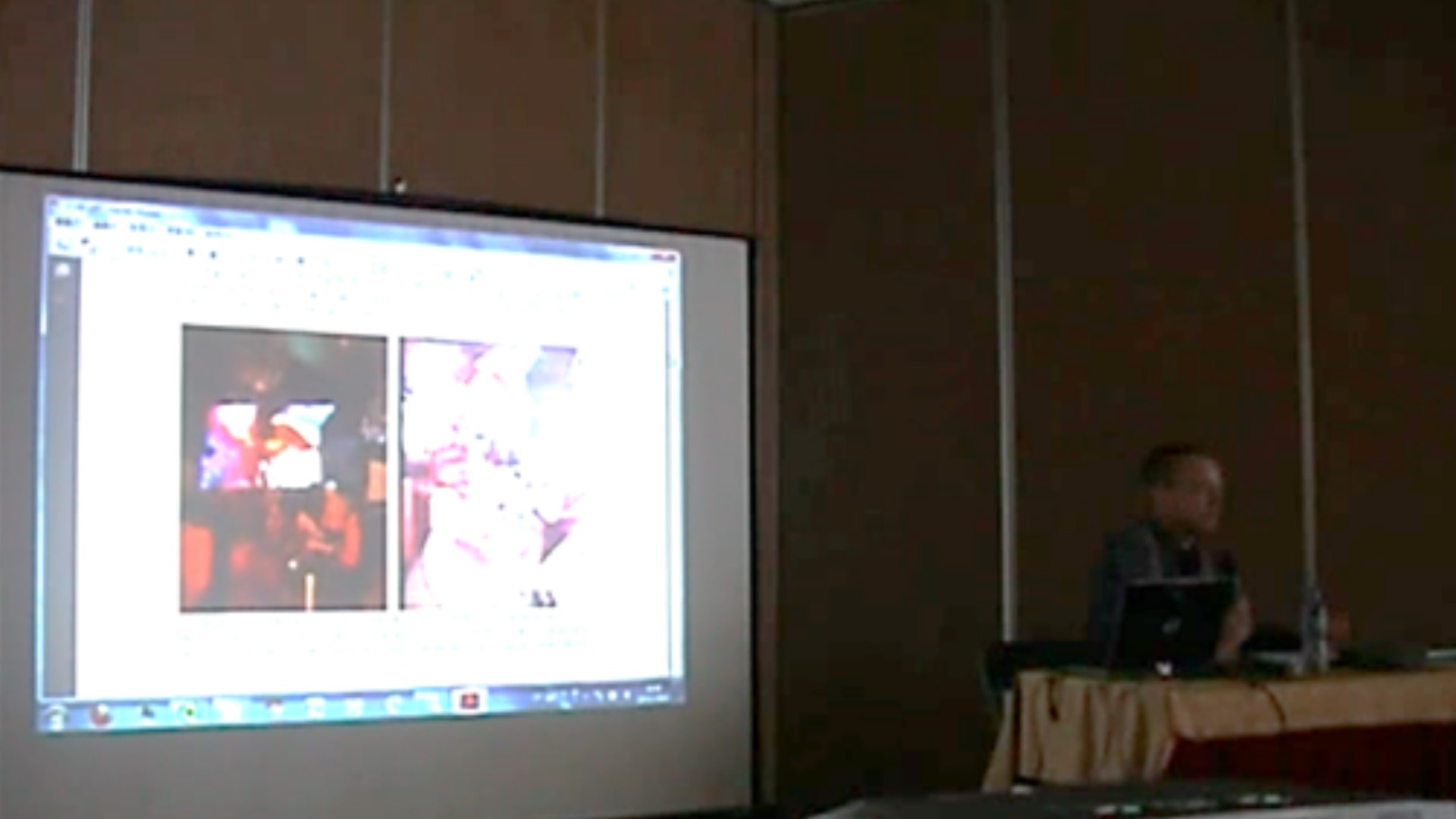
Old media, new media and the organic body
2012 | 26 mins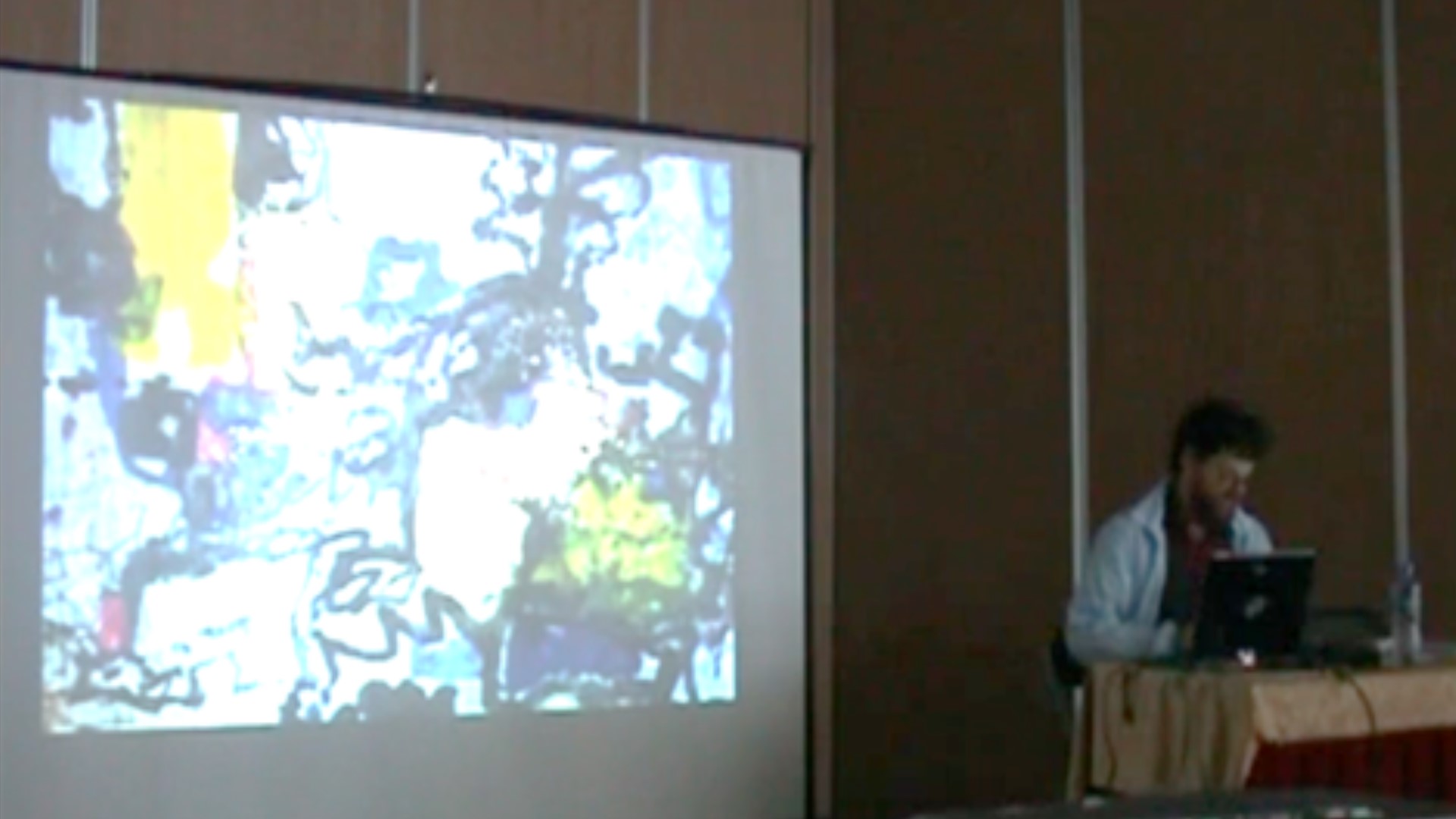
Poetry and translation : Collaborative practice and creative outcome
2012 | 24 mins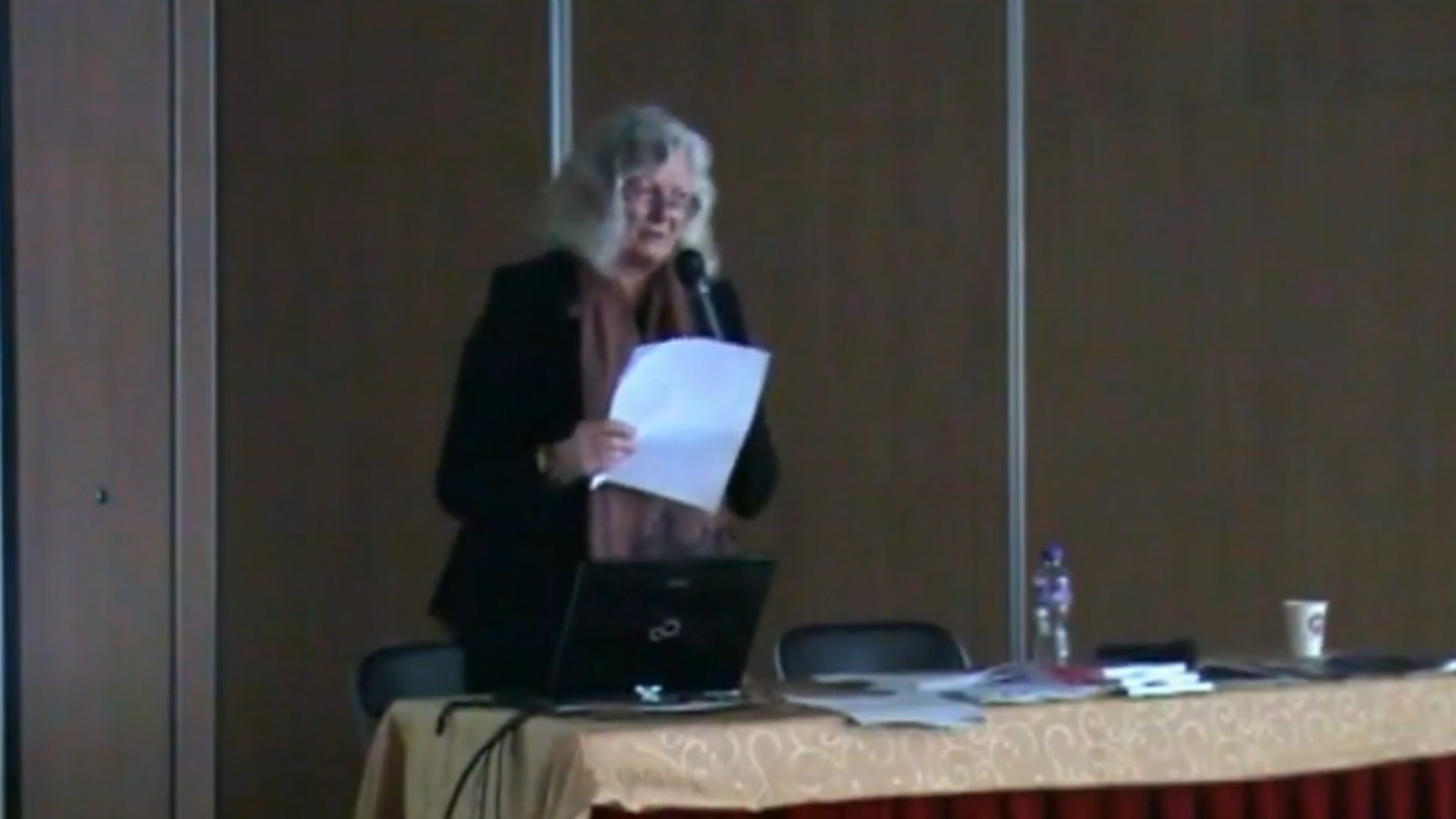
New maps for new spaces : The poetics of creative knowledge
2012 | 78 mins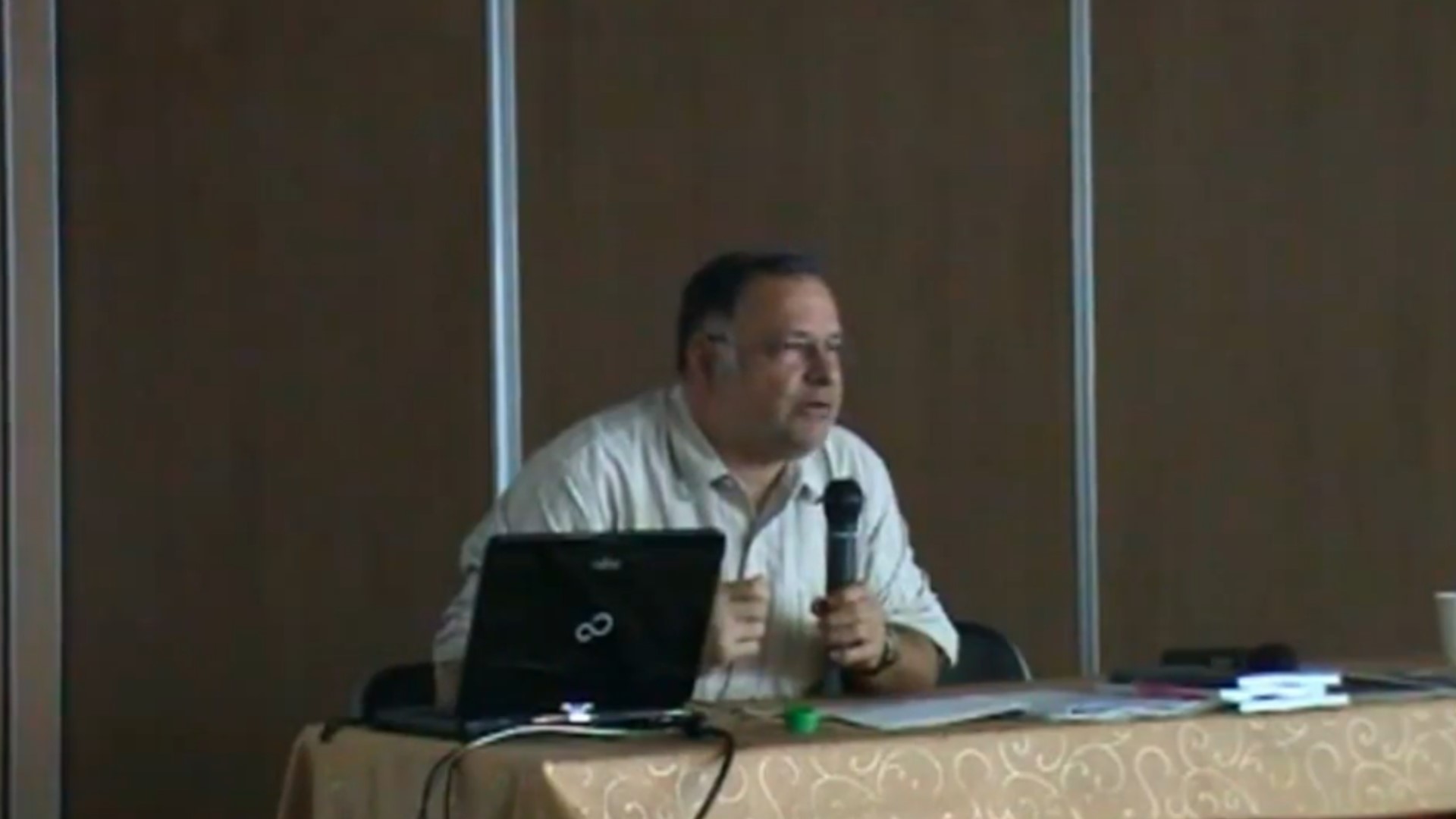
Theory as practice and practice as theory : Praxis and the PhD in Art
2012 | 30 mins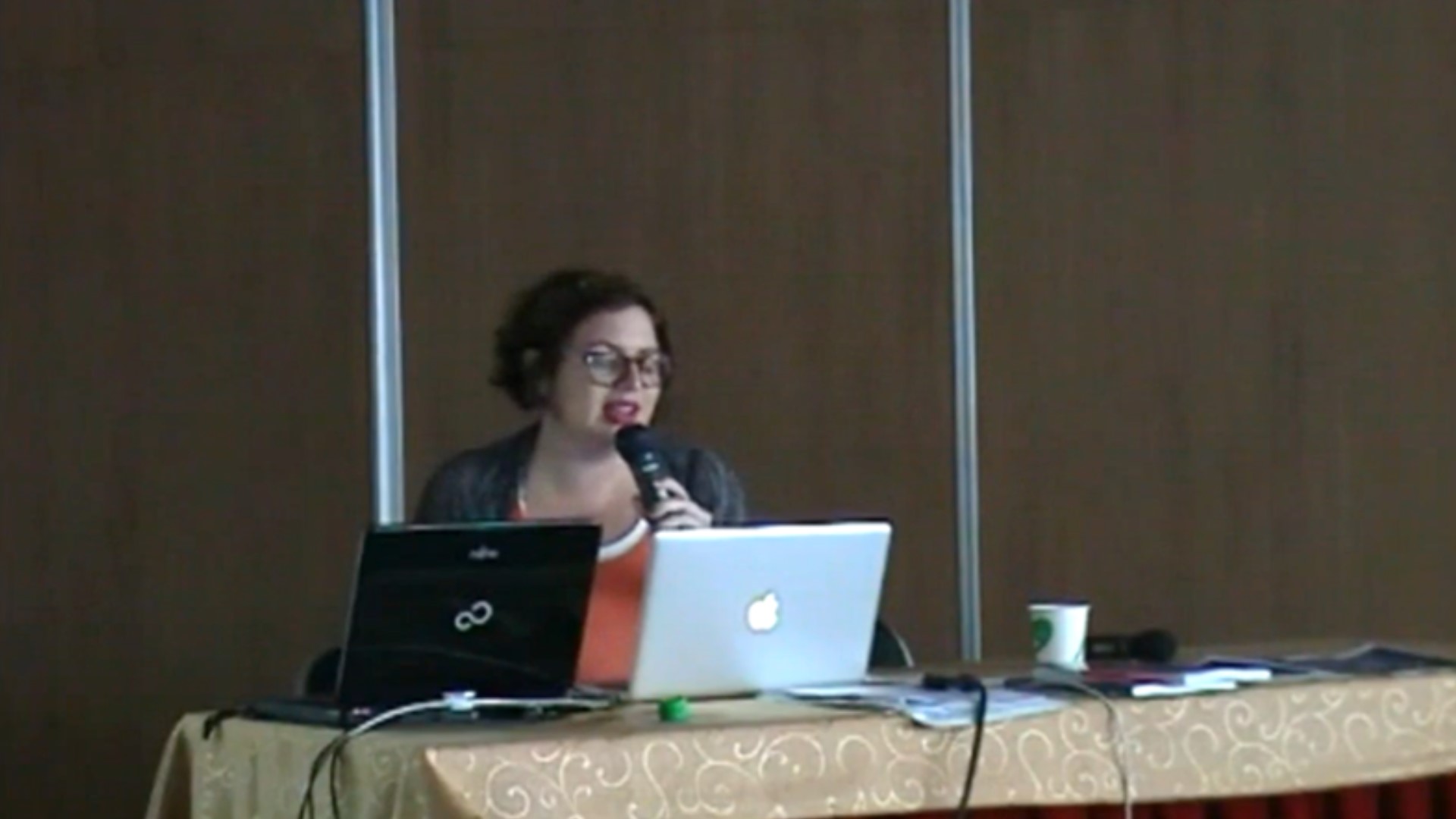
Radical finitude : Difference as strategy
2012 | 34 mins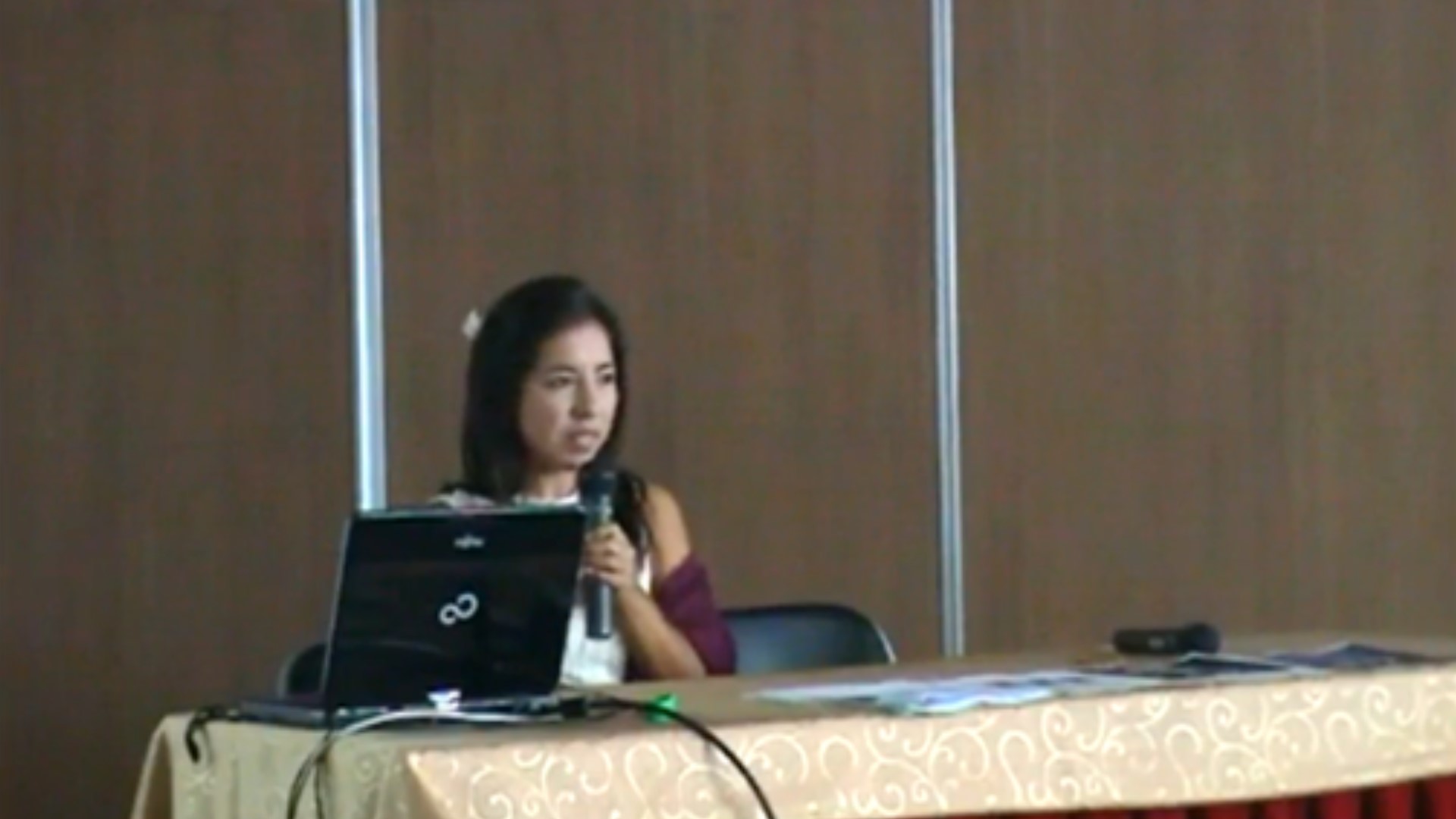
Blank model prototyping for creating wearable computers in multidisciplinary teams
2012 | 28 mins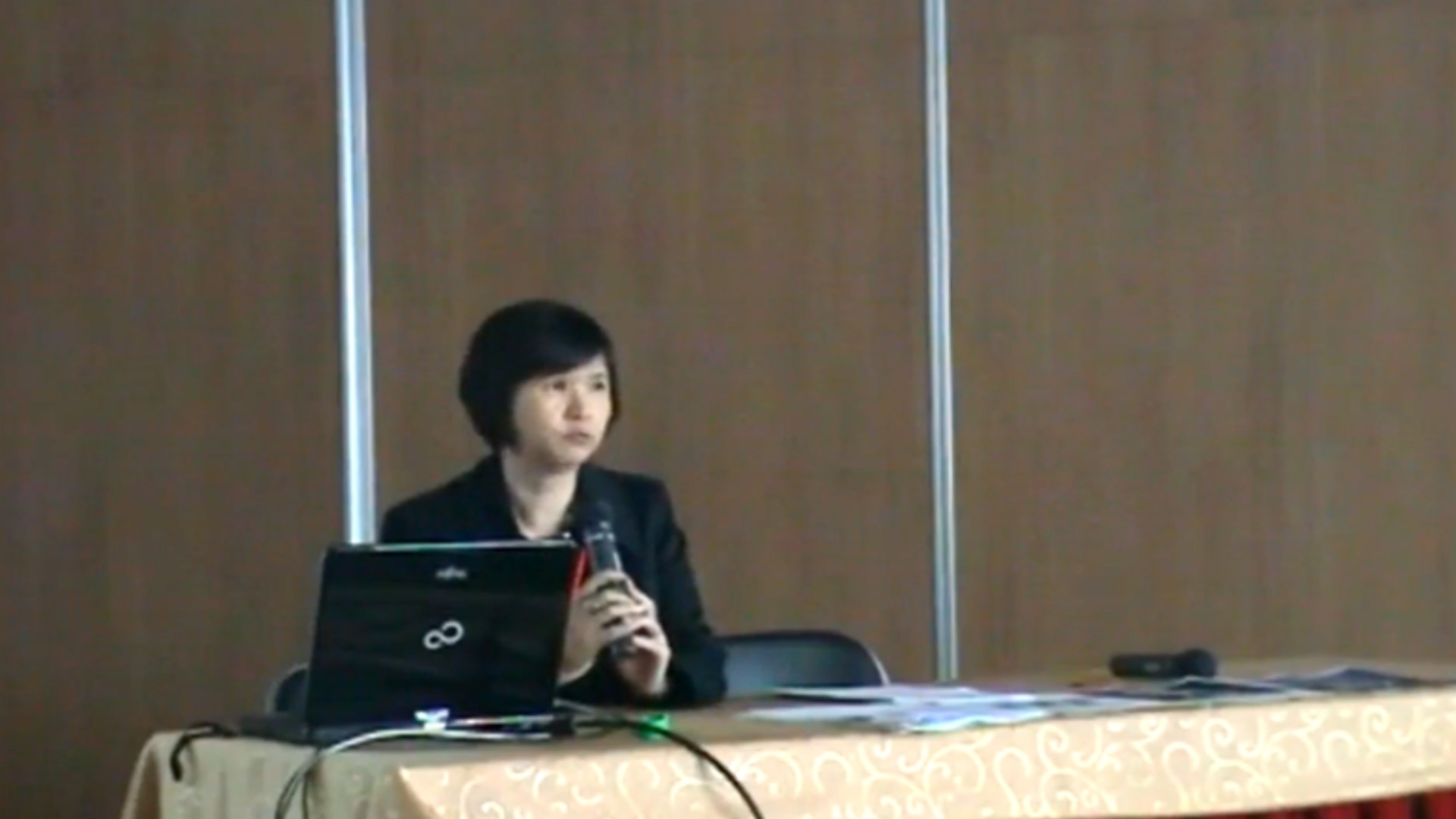
Image writing : Research on the expressive and communicative power of art
2012 | 25 mins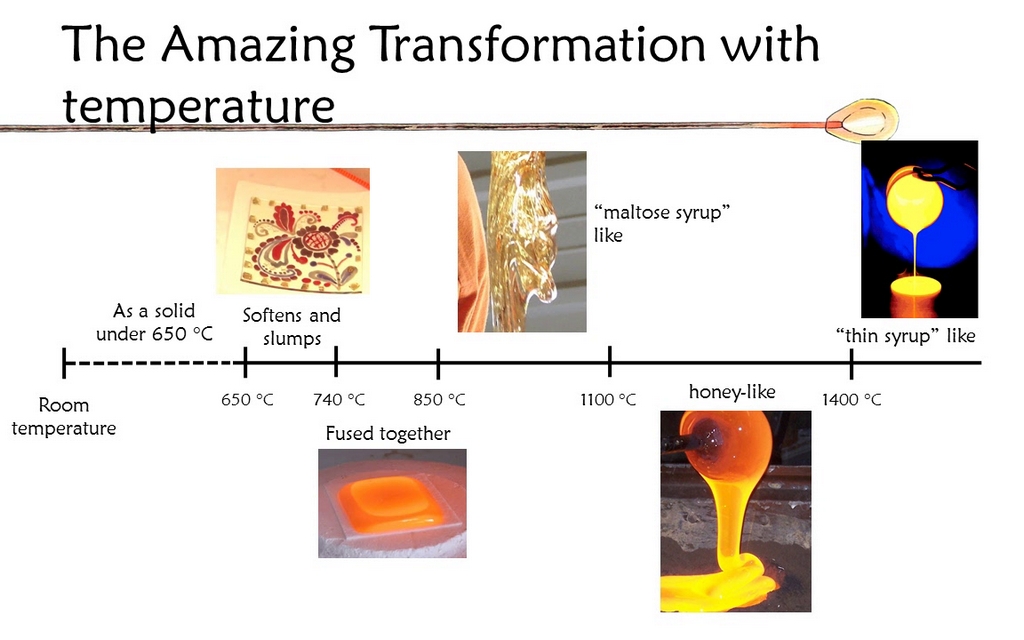
Glass Art Education Slides
2013 | 4 mins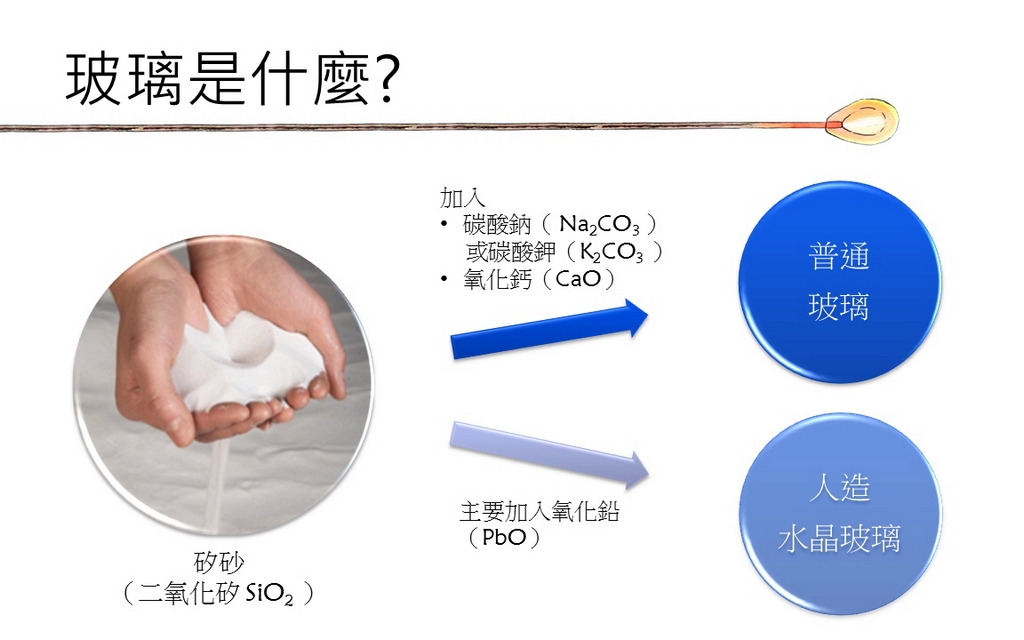
玻璃藝術資源投影片
2013 | 4 mins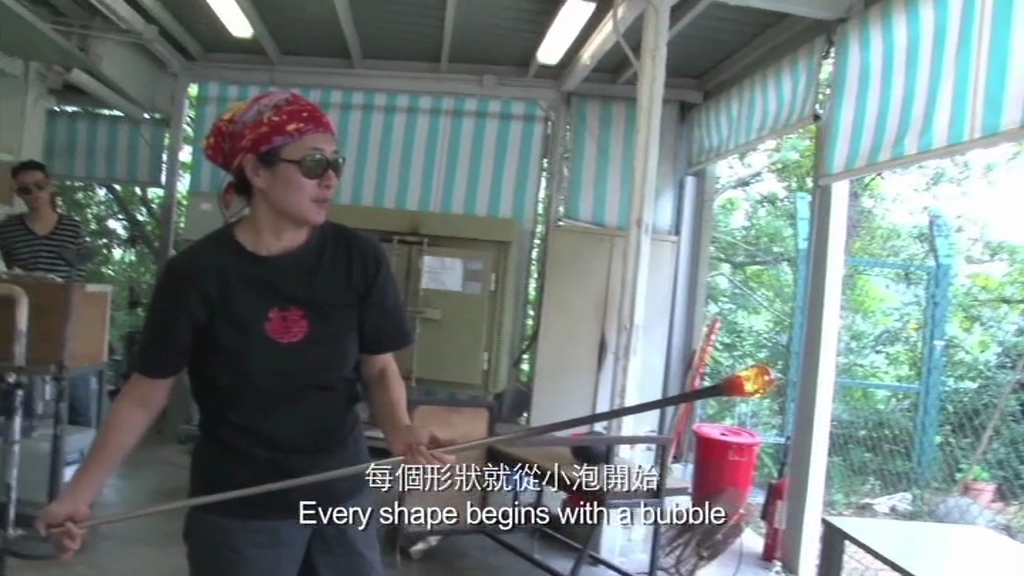
玻璃藝術: 0 - 1200°C的奇妙變幻
2013 | 24 mins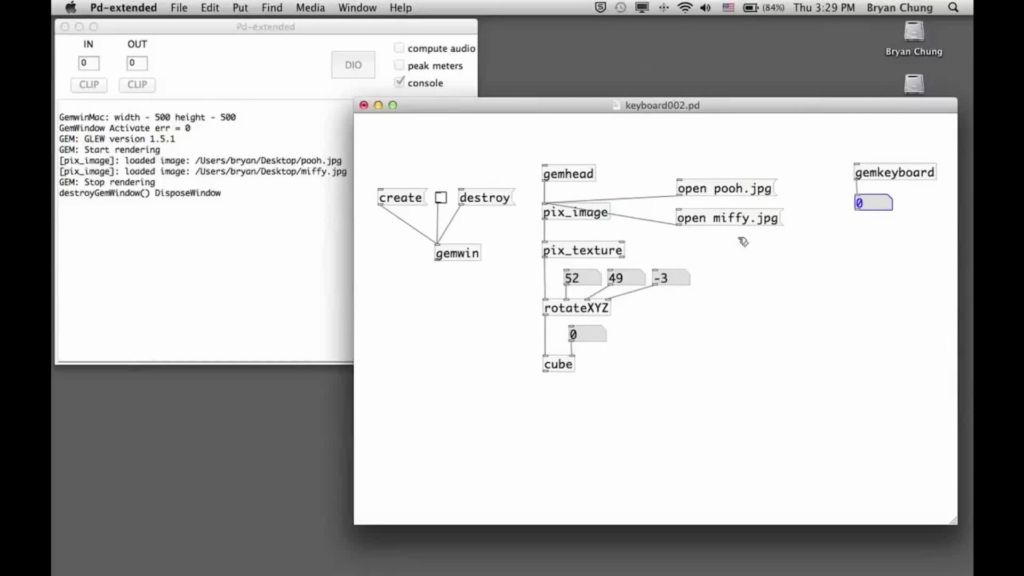
lesson 019 : Connecting a switch to the modified keyboard to control a Pure Data program
2012 | 22 mins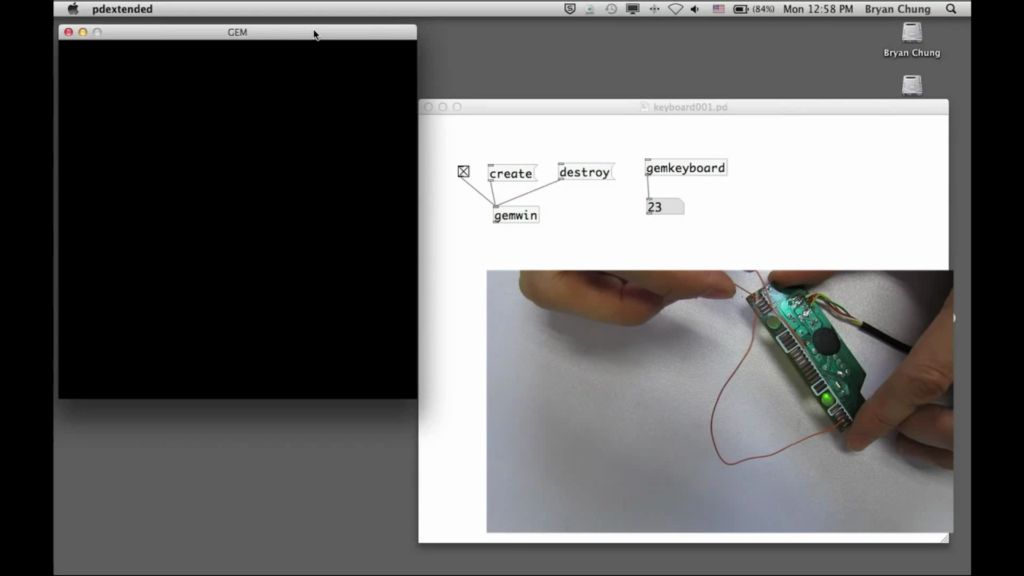
lesson 018 : Modifying a computer keyboard
2012 | 27 mins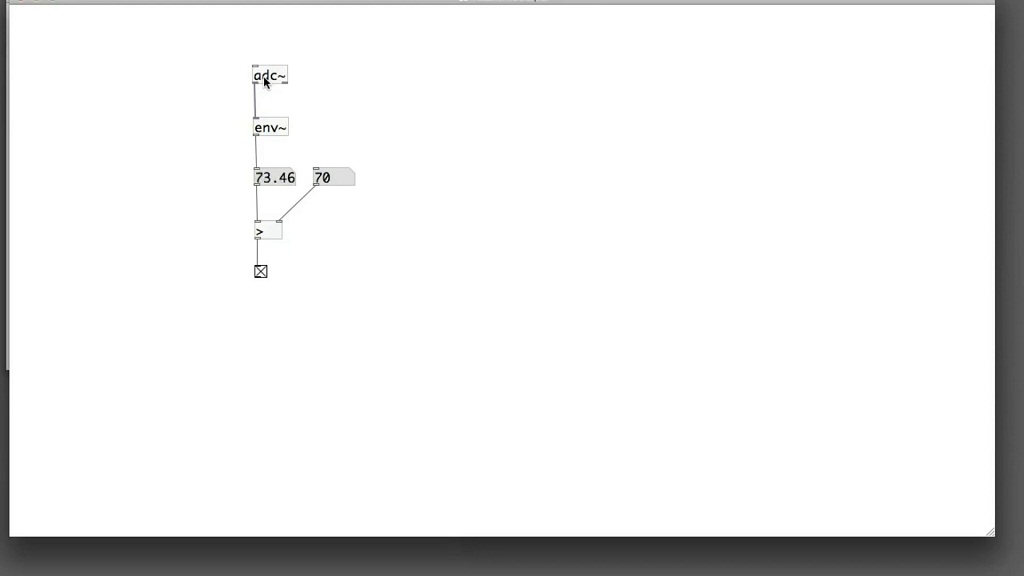
lesson 017c : Obtaining audio input from microphone with [adc~]
2012 | 9 mins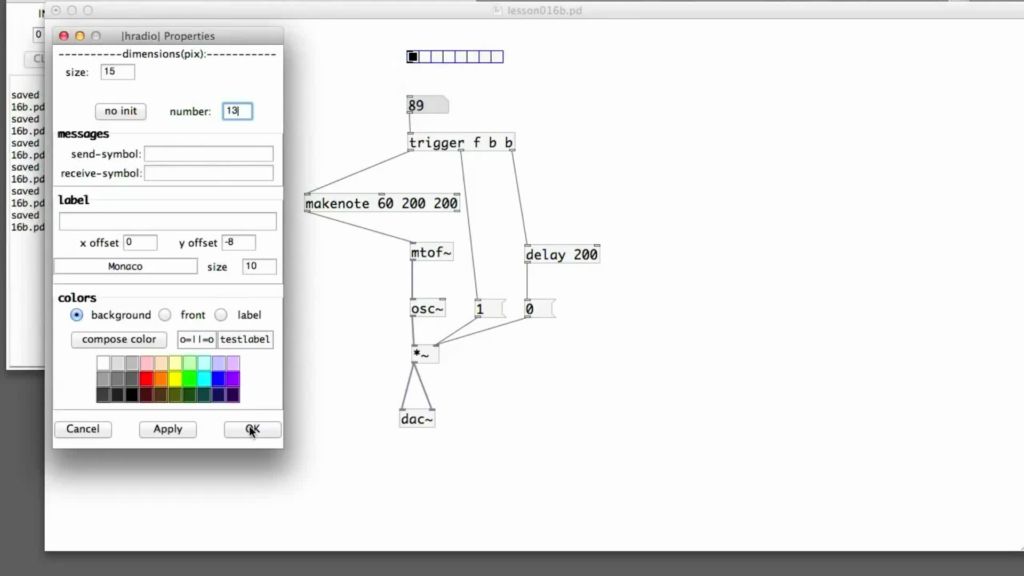
lesson 017b : Generating sound with [phasor~], [osc~], [makenote], [mtof~]
2012 | 21 mins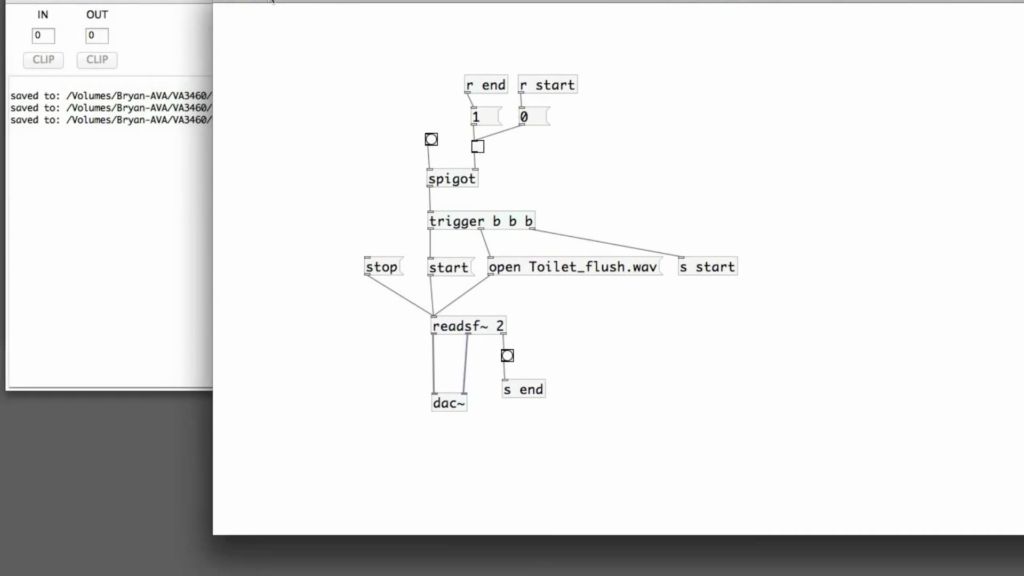
lesson 017a : Playing audio file by [readsf~], [dac~]
2012 | 19 mins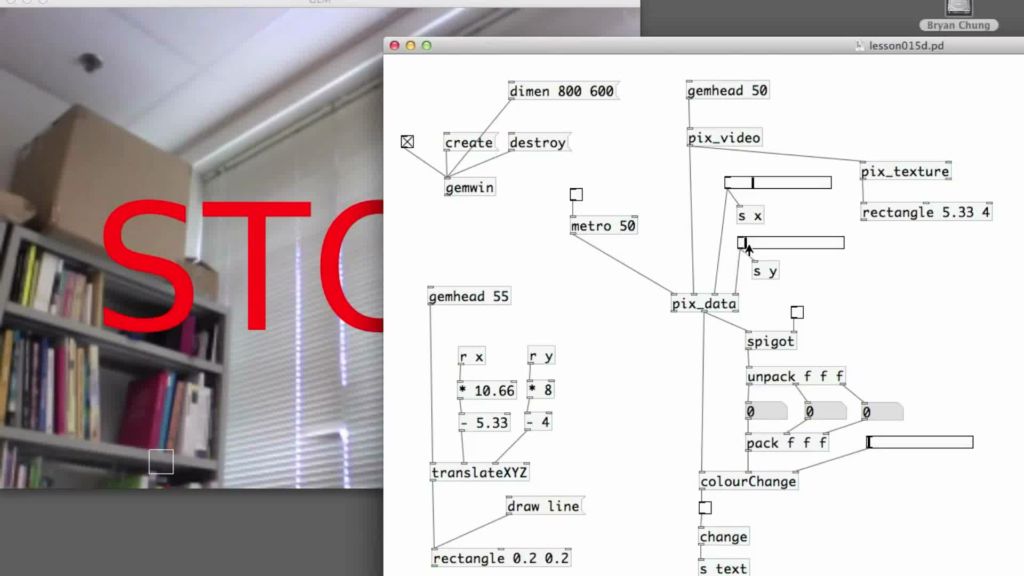
lesson 016d : Finishing color tracking with the use of [change] & [text2d]
2012 | 10 mins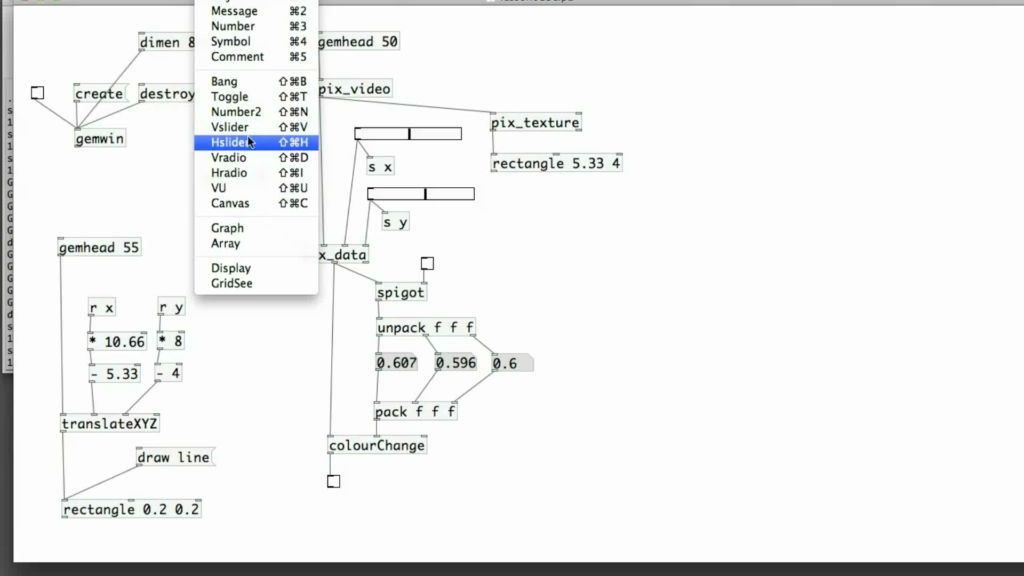
lesson 016c : Using the [spigot] command to block/pass Pure Data message
2012 | 20 mins






